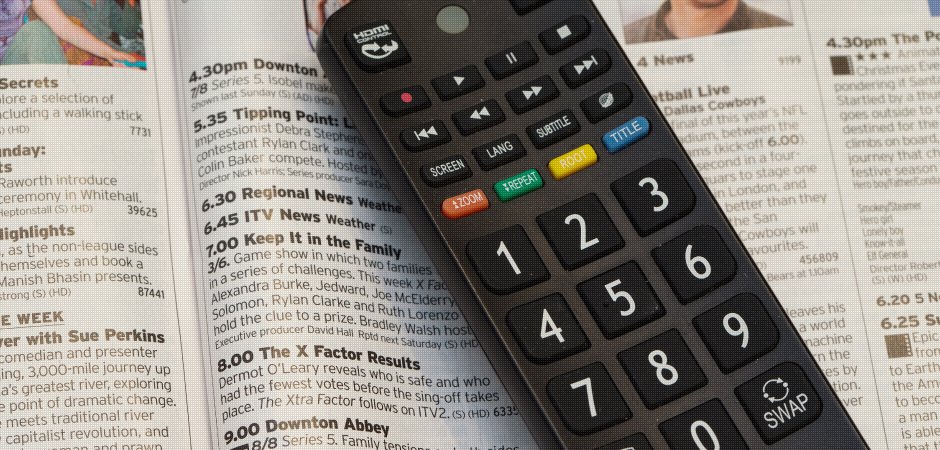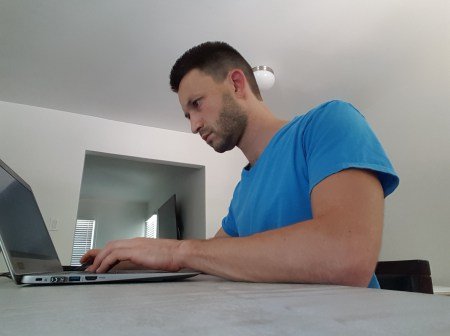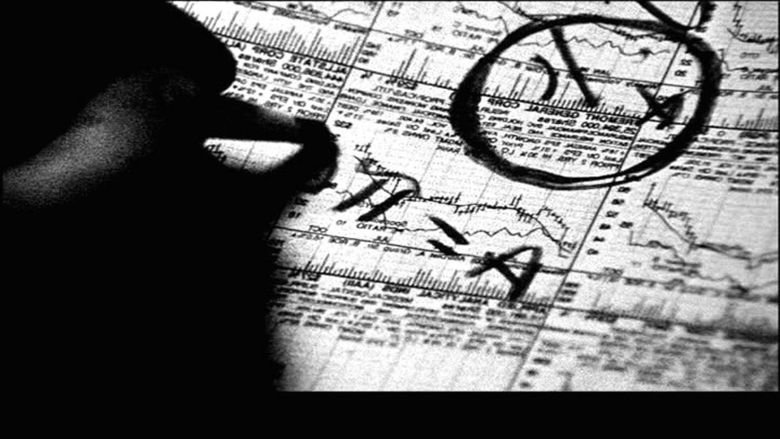“He who would pass the latter part of his life with honor and decency, must, when he is young, consider that he shall one day be old, and when he is old, remember that he has once been young.” - from The Young Man's Guide by William Alcott

Image Source
“What time is it?”
“Huh?”
“I said what time is it.”
“Oh.”
“It’s uh..., uh..., let me look...”
Where did I put my phone. Why don’t I have it right next to me. I always keep it by my bed at night.
When did this all start?
What was it that we used to do?
When we get new technologies there is always the threat of becoming dependent upon them.
Some of them we become more dependant on than others.
But what difference does it make?
Think for a moment about the future with self driving cars.
Beyond thinking about it, watch the following video:

“That’s great until it doesn’t work.”
“Yeah, when a whole generation no longer knows how to drive, what then?”
We could walk, but that is not exactly the same.
Walking doesn’t solve the same problem as driving.
Yes both are modes of transportation, but they vary exponentially in capacity.
Take another idea of technological innovation for instance.
The humble washing machine.
Perhaps we overhear this conversation in the time the washing machine was new:
“But what will people do if the machine malfunctions?”
“They could always go back to washing by hand.”
“Yeah, but who will really know how to do it properly and perhaps they get rid of their washboards, what then?”
“True.”
What then?
Should we preserve the ways of old to prevent losing the lost art of hand washing laundry?
Would we not be better to learn to repair the machines?
Or rather would our dependence upon them make us to soft to know such mechanically minded feats?
What are the advantages and disadvantages of adopting and accepting innovation?

Image Source
“Did you get a chance to watch that video I sent you?”
“No, I didn’t have time.”
The amount of time it takes to watch something is most certainly a limiting factor.
Usually this factor is on top of the otherwise burdensome factor of choosing.
The simple act of sitting down to watch a show became infinitely more complicated the more choices were introduced into the equation.
As a kid, what was on was on, and if it wasn’t you waited. If you wanted you could check a printed guide to see when and where you could watch.
Then the guide was its own channel.
But you waited for it to cycle around the entire lineup to see your preference.
Next, there were technological improvements, but with them came increased choice.
With each incremental improvement, more choice.
Now, merely the act of watching something has become burdensome.
It has lost all relaxing effects and is almost simply another chore.

Image Source
The culmination of this discussion is the role of technology and its impact on leisure.
The balance between the improvements to our life and increase in recreation on one end to the slavery of checking notifications and looking at screens instead of each other on the other end.
Where do you draw the line when it becomes time to relax?
Can you unplug long enough to even consider it?
Stay tuned.
Stay interesting.
Stay Strange.

Join me on the BitShares Decentralized Exchange
in The Billion Hero Challenge!

Image Source
If you liked this, you may also enjoy:
The Mathematician Who Cracked Wall Street

Why?
